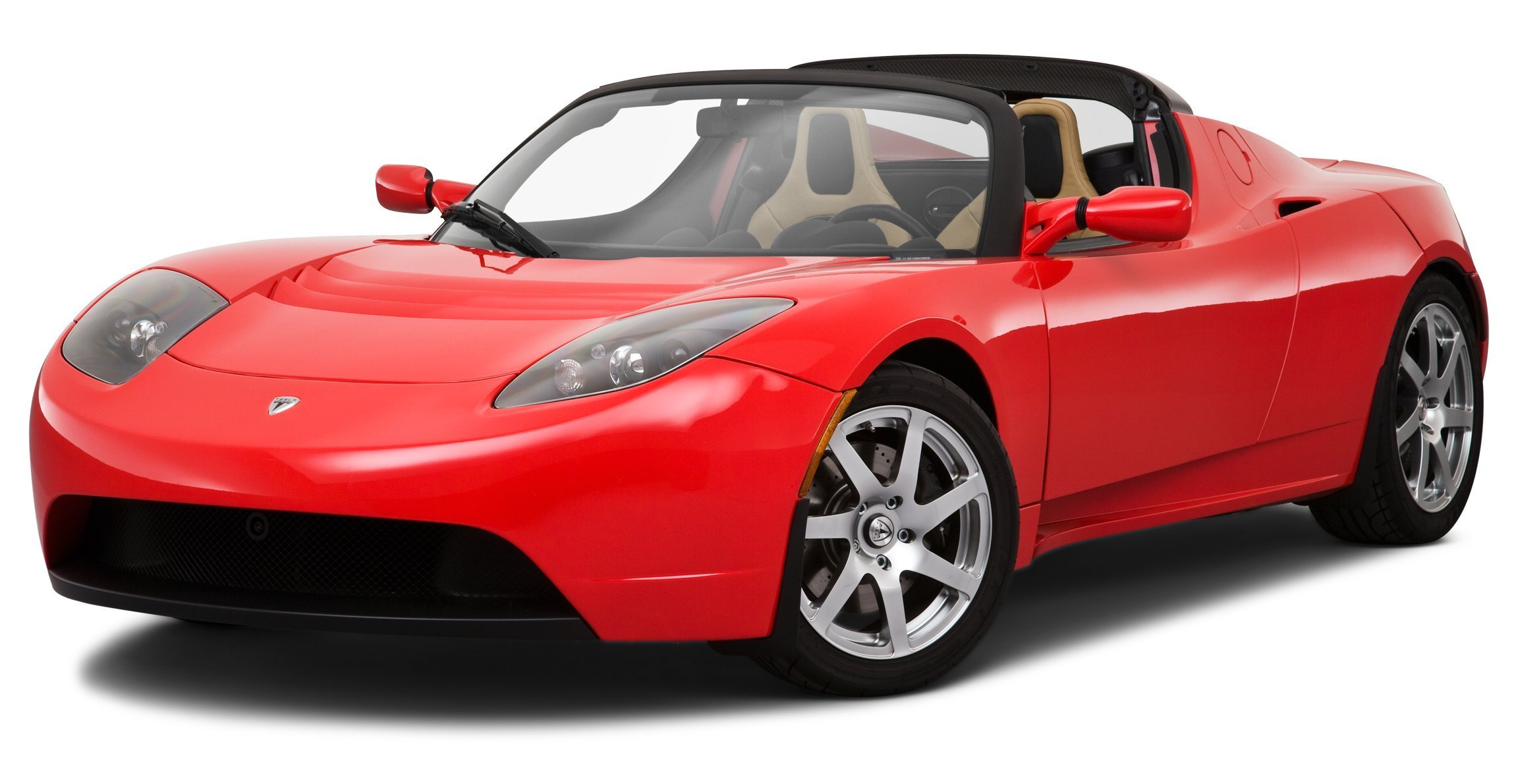Every company has its own culture and its own strengths. These strengths are the foundation of the company, but it can also be its flaws.
The culture of a company determines the people that the company hires, and it also determines how decisions are made within the company. These things can change and morph over time but typical cultural norms within a larger organization may take a decade and a change in leadership to correct.
Apple and Cars
Apple’s unique strength is design. Design elements, especially when in concert with hardware make Apple distinct in its computers, phones and software. It’s this strength in design that has led to growth, brand and market success. But the very same strength in design also leads to details about how the company builds and engineers things, how it markets them and how new technologies get developed and unveiled.
Apple does not like to release prototypes; it doesn’t like revealing the surprise. Design is such an important cultural element, Apple builds things in secrecy. This was possible with a phone but nearly impossible with a car. The problem is that cars, unlike phones need iteration in the field, they need real world conditions, and they need millions of miles driven.
 <figcaption>Original Tesla Roadster</figcaption>
<figcaption>Original Tesla Roadster</figcaption>
When Tesla started to build cars, they constrained the problem to focus on the electronics by borrowing the body of an existing Lotus Elise. While this was arguably more difficult, it limited the cycles on visual and aesthetic design and focused them on the mechanical and engineering aspects.
When Apple first came out with the iPhone they used a similar approach. The Motorola ROKR was a phone that didn’t stand for the design principals that Apple cared about but it was the platform they could use to test the concepts of a phone without the scrutiny of its design principals.
 <figcaption>Original Motorola ROKR</figcaption>
<figcaption>Original Motorola ROKR</figcaption>
Apple is most certainly working on an electric car project but the complexity of doing something so large in secret will be substantial. It’s going to be very difficult for Apple to release a design that is anything less than its standards and it’s going to be impossible to hit those standards while trying to keep the design a secret. This means a delay of such a product will always be more likely than its launch. Enough delays and these projects tend to get canceled.
Facebook Meta and the metaverse
Facebook faces a similar culture dilemma from a very different perspective. While Zuckerburg has changed many things about the company, at its core Facebook is an advertising company. The people and processes that drive the company revolve around this. Almost all of its revenue comes from advertising channels (about 98.5%.) The meta rebrand and multi-billion dollar effort to reposition the company is all optical.
The core business is still advertising and more importantly the culture of Facebook doesn’t produce value outside of user-generated content. Meta is not amazing at gaming. It’s not great at work applications. It’s entirely isolating and anti-social and has no obvious tie-ins with the core Facebook values.
better argument
 <figcaption>Oculus by Meta</figcaption>
<figcaption>Oculus by Meta</figcaption>
At the core of the VR experience is entertainment. It’s gaming, escapism, video, audio and more, but fundamentally entertainment. There have been many attempts at training and productivity, and these are interesting but niche. The issue for Facebook is the culture isn’t about entertainment and keeping your attention. The depth of the company is in selling your attention to others.
If Oculus was owned by Microsoft, you’d have an amazing AR gaming headset with titles like Halo and other top titles. If Oculus was owned by Netflix, you’d have amazing immersive original content driving people to buy the headsets. If Oculas/meta was owned by Apple you’d have an amazing developer experience and thousands of top-tier apps. Facebook’s culture and heritage doesn’t have those assets.
Facebook courted developers in the mid-2000’s and they burned a lot of bridges with developer who built Facebook games and social application. Consumers use the platform with skepticism given the companies history with privacy issues.
Culture will eat billions
Larger companies can’t change culture quickly. It often takes years. Apple can’t change from a design centric that tolerates half-baked prototypes no more than Facebook can pivot to truly embracing a non-advertising business model. Large product and company pivots can happen, but companies need to invest in the culture change, not just the product.